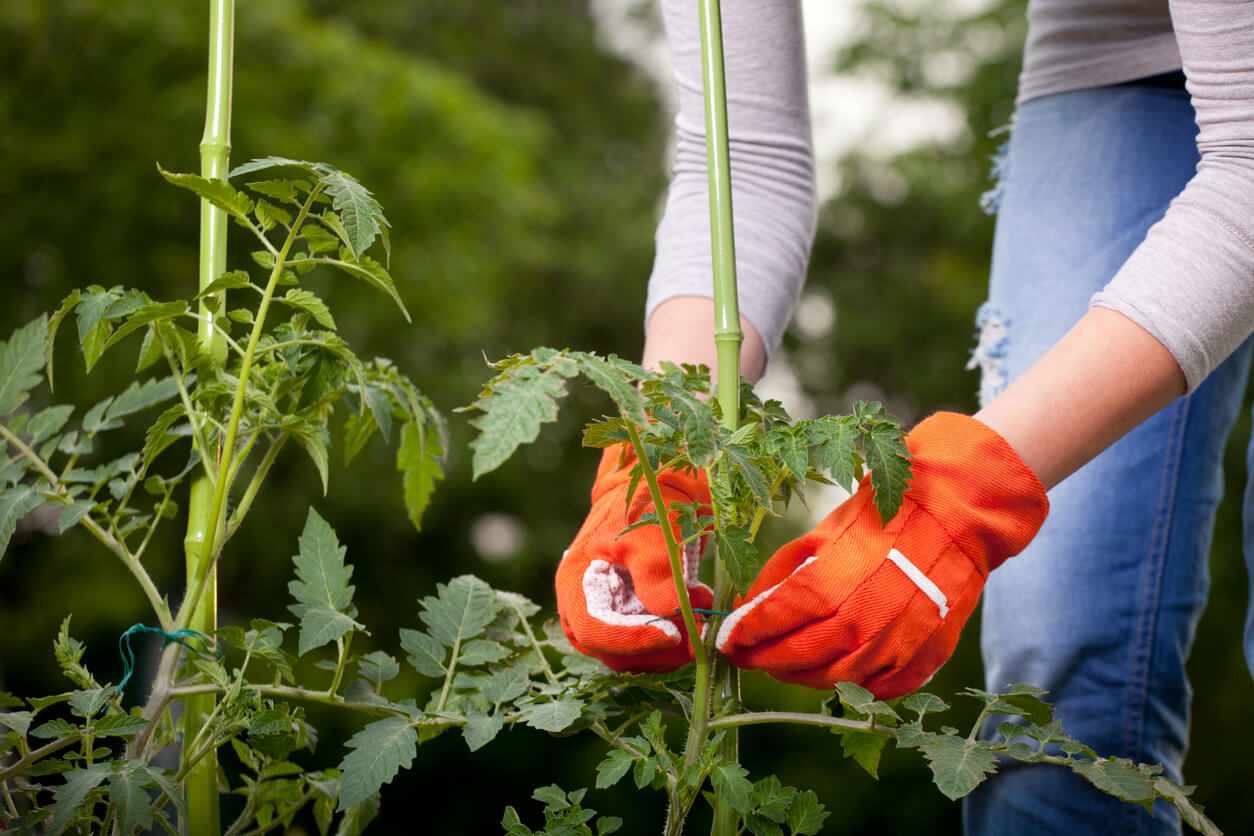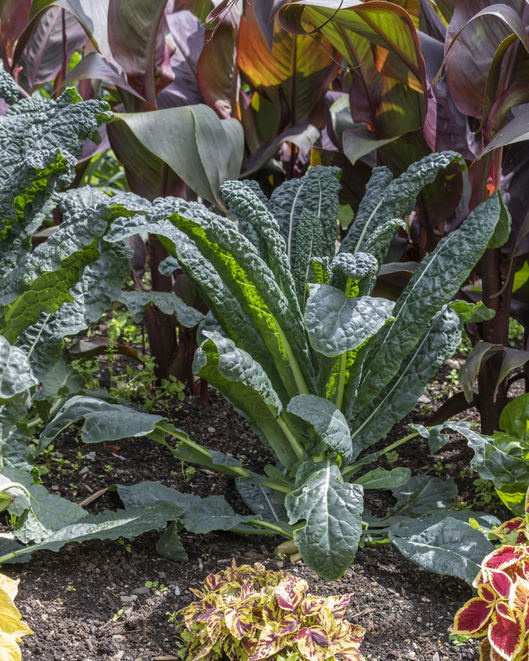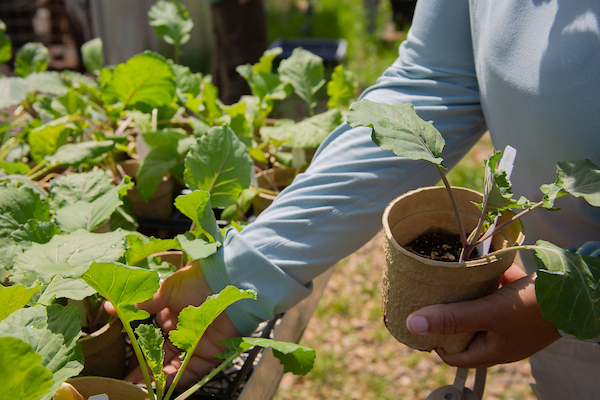 CAES News
CAES News
Commodity Teams
Commodity websites
Our teams made up of research scientists and extension specialists work together to provide the latest technology and information for efficient, profitable production of some of Georgia's most valuable commodities.
Cross-commodity programs
Many of our research and extension faculty work in multi-disciplinary teams and roles that affect more than one specific commodity or research area. There are many resources available that can be applied across disciplines and production areas.
- Agricultural and Environmental Services Laboratories
- Animal Waste Awareness
- Climate and Agriculture
- Durham Horticulture Research Farm
- Food, Agriculture and Resource Economics
- Integrated Pest Management
- Integrative Precision Agriculture
- Invasive Species and Ecosystem Health
- Organic Agriculture
- Peanut Information Network System
- Pesticide Safety Education
- Plant Disease Clinics
Georgia Agricultural Statistics
Our faculty compile the latest production numbers to capture Farm Gate Value reports and our economists use that to deliver impact data through Ag Snapshots.


